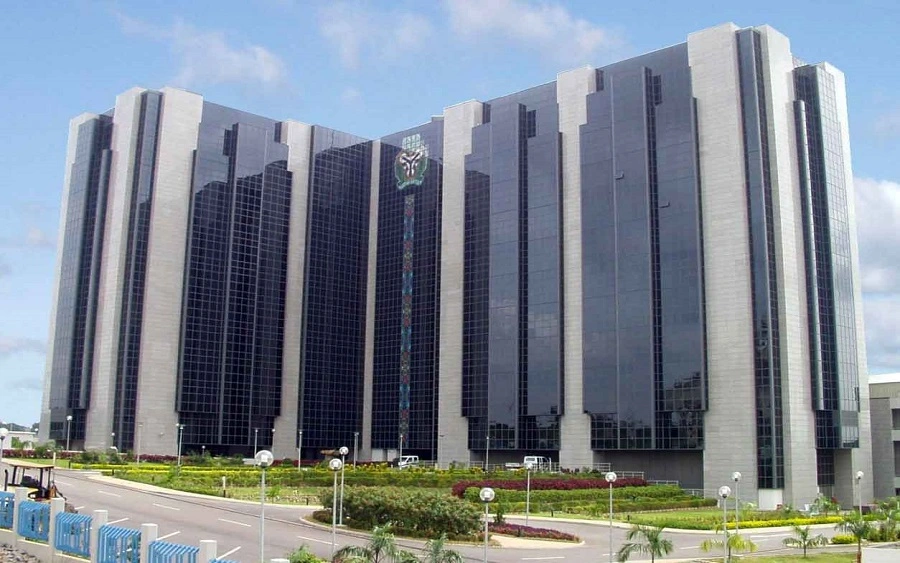The Monetary Policy Committee of the Central Bank of Nigeria rose from its last meeting last month, moderately raising benchmark interest rate in an effort to further curtail the rate at which prices of goods and services in the country is rising.
Data from the National Bureau of Statistics (NBS) showed that inflation had risen to 22.79 per cent as at June from 22.41 in May. The jump in inflation absorbs the impact of the removal of fuel subsidy as well as liberalisation of the foreign exchange on prices.
At the end of the two-day meeting, the MPC had raised benchmark interest rate by 25 basis points to 18.75 per cent from 18.5 per cent which it had raised it to at the previous meeting. At the end of the meeting, four members had voted for a 25bps hike, two preferred a 50bps increase, while five members advocated keeping rates unchanged.
The MPC also decided to adjust the asymmetric corridor to +100/-300 basis points around the MPR from +100/-700 previously while retaining the CRR at 32.5 per cent, and the Liquidity Ratio at 30 per cent. The committee members only considered a hold or an increase of the rates.
According to the acting governor of the CBN, Folashodun Shonubi, the committee’s considerations focused on the persistent rise in inflation and its potential adverse effect on output growth and household income.
Shonubi explained the previous rate hikes by the apex bank has had helped in moderating the rate at which inflation rate has been rising in the country. “I believe in previous MPC as we had indicated and shown that every time we have had a rate increase, it has actually moderated the rates of inflation. But that’s not all that we’ve been doing.
“During this MPC, we had quite a lot of time talking about inflation, talking about the various tools and mechanisms that we could use to manage inflation. We agreed that one of the key challenges now was liquidity overhand and we needed to look at the various tools we had.
“In addition to interest rate hikes, we’ve also come up with various ways to tighten the liquidity because we believe that if the liquidity surfeit actually runs across not just inflation, but also has some impact on the exchange rates and other parts of the economy. So, I can confirm that it is not only rates change, that we’re looking at to moderate inflation, we’re looking at every tool in the box that would help us reduce liquidity and that should have a positive impact on reining in inflation.”
Analysts at Afrinvest West Africa note that the decision of the committee to tighten policy variables at a time when the new fiscal authority is rooting for a lower interest rate environment suggests that the current leadership at the Apex Bank may likely prioritise the Bank’s core mandate of price stability.
By increasing the MPR, the Central Bank of Nigeria aims to control inflationary pressures, which have been a concern in recent times. As inflation rates stabilise, consumers’ purchasing power improves, and the cost of living becomes more manageable. This favorable economic environment can foster increased consumer spending, leading to a rise in demand for goods and services, which, in turn, can spur economic growth.
By increasing the MPR, the Central Bank of Nigeria aims to control inflationary pressures, which have been a concern in recent times. As inflation rates stabilise, consumers’ purchasing power improves, and the cost of living becomes more manageable. This favorable economic environment can foster increased consumer spending, leading to a rise in demand for goods and services, which, in turn, can spur economic growth.
Asides this higher MPR often results in attractive returns on investments in Nigeria’s financial markets. As the Central Bank increases its benchmark rate, commercial banks raise their lending rates, making investments in the country more appealing to foreign investors seeking higher yields. This influx of foreign capital can provide much-needed foreign exchange reserves, strengthen the Nigerian currency, and stimulate growth in various sectors of the economy.
A tighter monetary policy can help stabilise the exchange rate and contribute to the appreciation of the naira against other currencies. This, in turn, can alleviate the burden of imported inflation and create a conducive environment for domestic production and exports.
Analysts at Cowry Assets, whilst noting that the hike in interest rates shows the CBN’s dedication to controlling inflation, boosting investor confidence, and maintaining price stability to safeguard consumer purchasing power, stated that It is however essential to be mindful of the potential drawbacks, as the rate hike could lead to challenges for businesses seeking to borrow money, potentially slowing output growth and raising the unemployment rate.
“Regarding implications for the financial sector, we anticipate banks to benefit from the high-interest rate environment, leading to improved net interest margins due to higher asset yields. On the other hand, we may also witness an increase in credit impairments and a deceleration in loan growth as banks tighten their risk management frameworks. Furthermore, investors holding assets sensitive to interest rate variations, such as treasury bills and bonds, will likely experience increased yields based on the liquidity conditions in the system.”





